Gaza conditions "at 40-year low"
Gaza's humanitarian plight is at its worst since Israel's occupation of 1967, say UK-based human rights and development groups.
Thursday, 06.03.2008.
09:47

Gaza's humanitarian plight is at its worst since Israel's occupation of 1967, say UK-based human rights and development groups. They include Amnesty International, Save the Children, Cafod, Care International and Christian Aid. Gaza conditions "at 40-year low" They criticize Israel's blockade on Gaza as illegal collective punishment which fails to deliver security. Israel says its military action and other measures are lawful and needed to stop rocket attacks from Gaza. Israel pulled its troops and settlers out of the Gaza Strip in 2005, but retained control over Gaza's airspace and coastline, and over its own border with the territory. It tightened its blockade in January amid a surge in rocket attacks by Palestinian militants in Gaza. "Disaster" The groups' report, Gaza Strip: A Humanitarian Implosion, says the blockade has dramatically worsened levels of poverty and unemployment, and has led to deterioration in education and health services. More than 1.1 million Gazans are dependent on food aid and of 110,000 workers previously employed in the private sector, 75,000 have now lost their jobs, the report says. "Unless the blockade ends now, it will be impossible to pull Gaza back from the brink of this disaster and any hopes for peace in the region will be dashed," said Geoffrey Dennis, of Care International UK. Last week Israeli forces launched a bloody and destructive raid in northern Gaza, in which more than 120 Palestinians - including many civilians - were killed. Israel says the measures are designed to stamp out frequent rocket fire by Palestinian militants. Recent rocket attacks have hit deeper into southern Israel, reaching Ashkelon, the closest large Israeli city to the Gaza Strip. Occupying power The UK-based groups agree that Israel has the right and obligation to protect its citizens, urging both sides to cease unlawful attacks on civilians. But they call upon Israel to comply with its obligations, as the occupying power in Gaza, to ensure its inhabitants have access to food, clean water, electricity and medical care, which have been in short supply in the strip. "Punishing the entire Gazan population by denying them these basic human rights is utterly indefensible," said Amnesty UK Director Kate Allen. "The current situation is man-made and must be reversed." Other recommendations from the groups include international engagement with the Hamas movement, which rejects Israel's legitimacy and has been shunned by Israel's allies, and the Fatah party of Palestinian West Bank leader Mahmoud Abbas. "Gaza cannot become a partner for peace unless Israel, Fatah and the Quartet [the U.S. and UN, Europe and Russia] engage with Hamas and give the people of Gaza a future," said Daleep Mukarji of Christian Aid.
Gaza conditions "at 40-year low"
They criticize Israel's blockade on Gaza as illegal collective punishment which fails to deliver security.Israel says its military action and other measures are lawful and needed to stop rocket attacks from Gaza.
Israel pulled its troops and settlers out of the Gaza Strip in 2005, but retained control over Gaza's airspace and coastline, and over its own border with the territory.
It tightened its blockade in January amid a surge in rocket attacks by Palestinian militants in Gaza.
"Disaster"
The groups' report, Gaza Strip: A Humanitarian Implosion, says the blockade has dramatically worsened levels of poverty and unemployment, and has led to deterioration in education and health services.More than 1.1 million Gazans are dependent on food aid and of 110,000 workers previously employed in the private sector, 75,000 have now lost their jobs, the report says.
"Unless the blockade ends now, it will be impossible to pull Gaza back from the brink of this disaster and any hopes for peace in the region will be dashed," said Geoffrey Dennis, of Care International UK.
Last week Israeli forces launched a bloody and destructive raid in northern Gaza, in which more than 120 Palestinians - including many civilians - were killed.
Israel says the measures are designed to stamp out frequent rocket fire by Palestinian militants.
Recent rocket attacks have hit deeper into southern Israel, reaching Ashkelon, the closest large Israeli city to the Gaza Strip.
Occupying power
The UK-based groups agree that Israel has the right and obligation to protect its citizens, urging both sides to cease unlawful attacks on civilians.But they call upon Israel to comply with its obligations, as the occupying power in Gaza, to ensure its inhabitants have access to food, clean water, electricity and medical care, which have been in short supply in the strip.
"Punishing the entire Gazan population by denying them these basic human rights is utterly indefensible," said Amnesty UK Director Kate Allen.
"The current situation is man-made and must be reversed."
Other recommendations from the groups include international engagement with the Hamas movement, which rejects Israel's legitimacy and has been shunned by Israel's allies, and the Fatah party of Palestinian West Bank leader Mahmoud Abbas.
"Gaza cannot become a partner for peace unless Israel, Fatah and the Quartet [the U.S. and UN, Europe and Russia] engage with Hamas and give the people of Gaza a future," said Daleep Mukarji of Christian Aid.




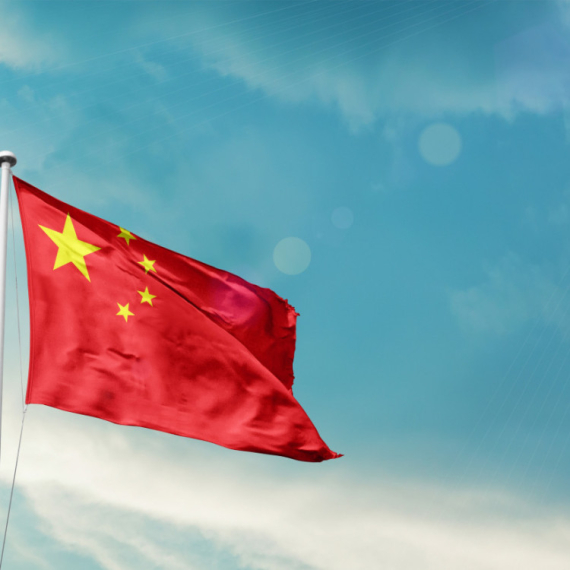







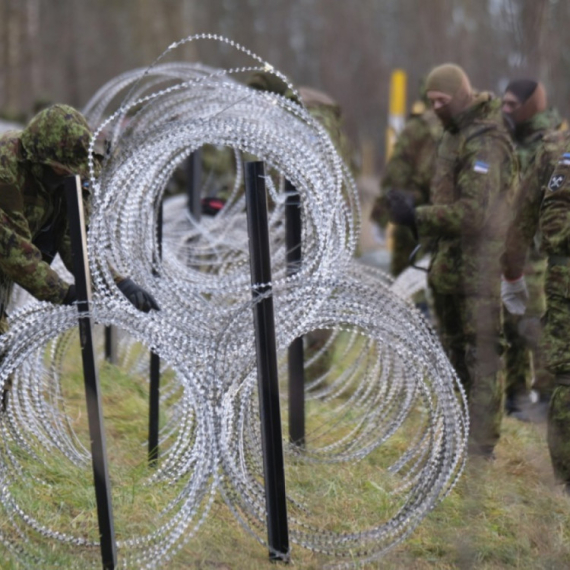

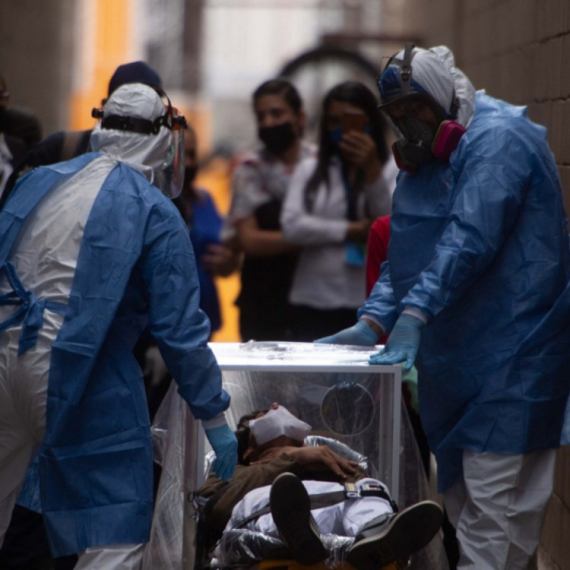

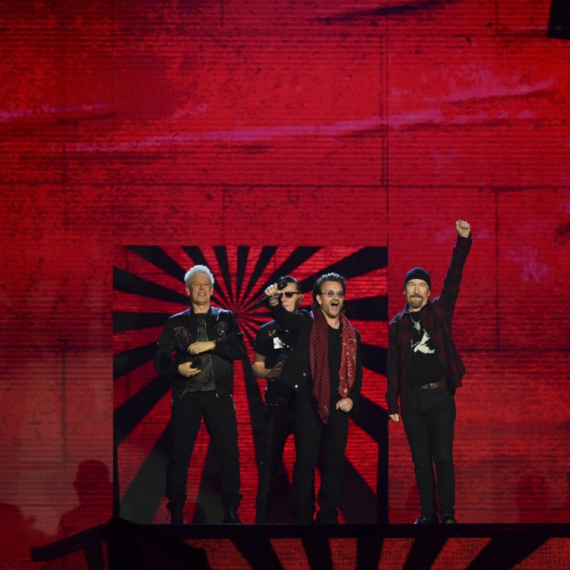

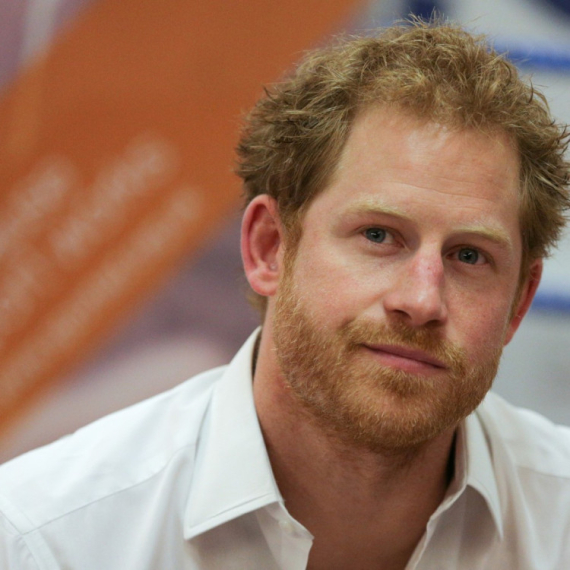































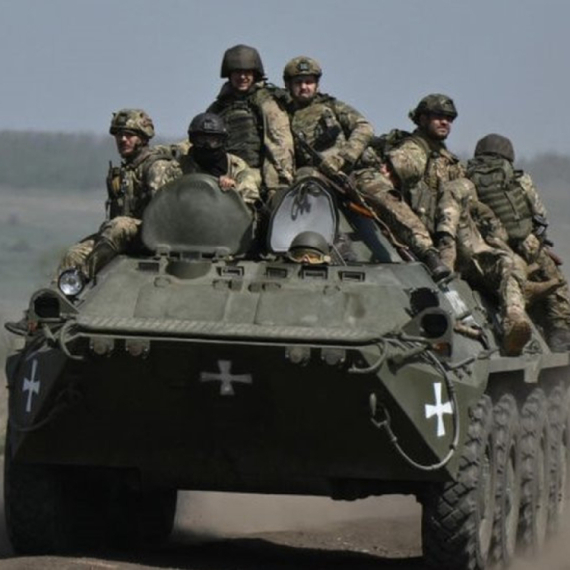
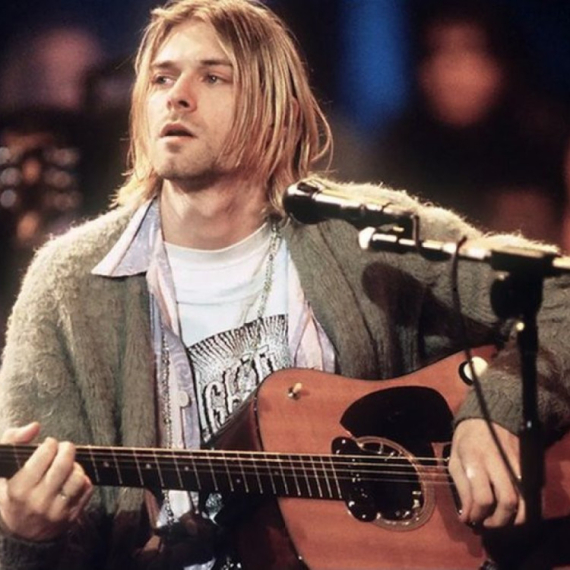
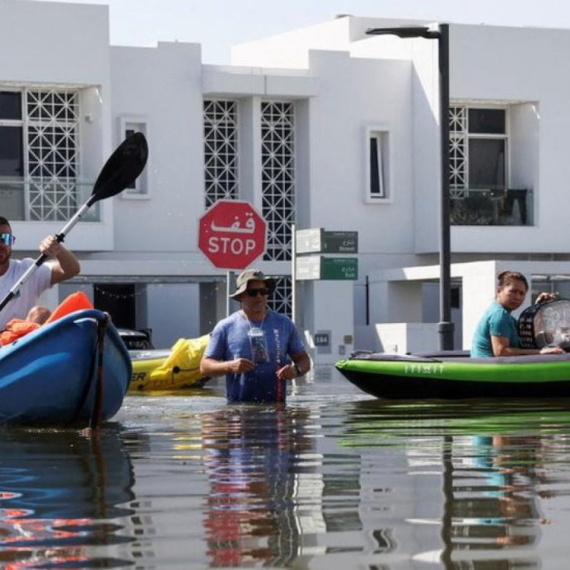



Komentari 3
Pogledaj komentare